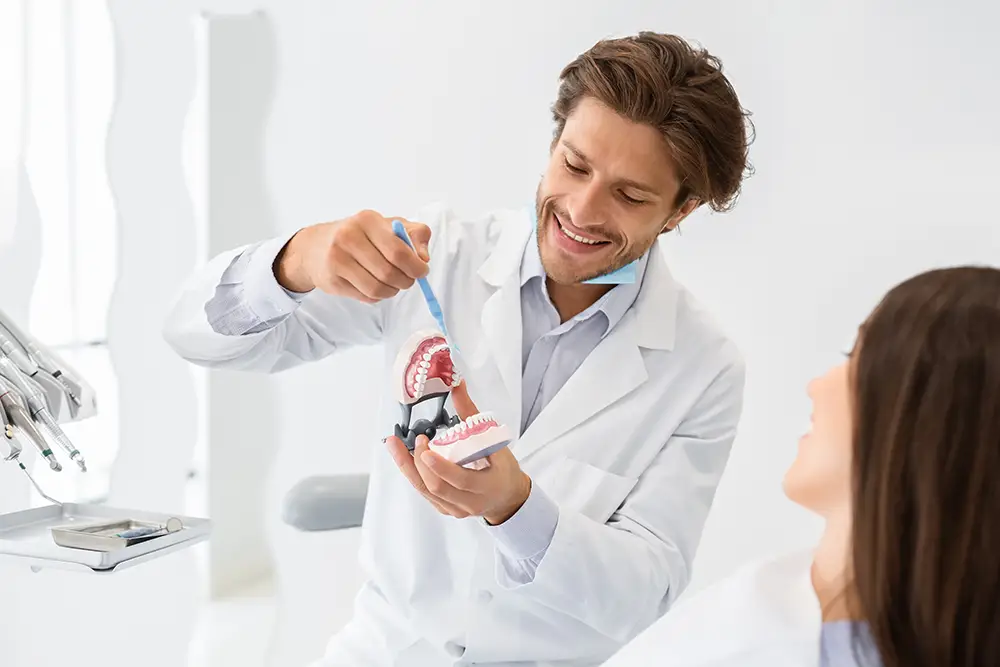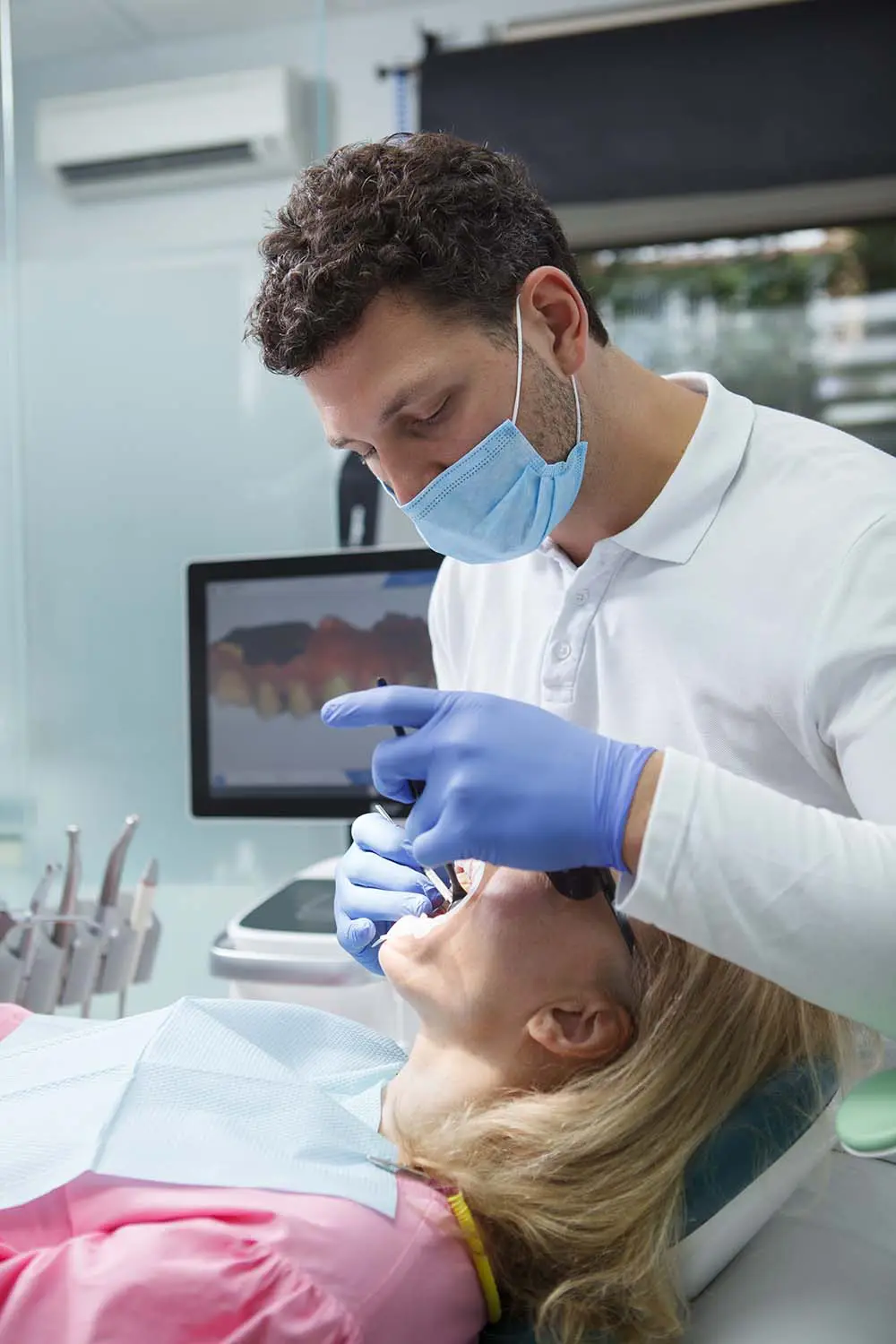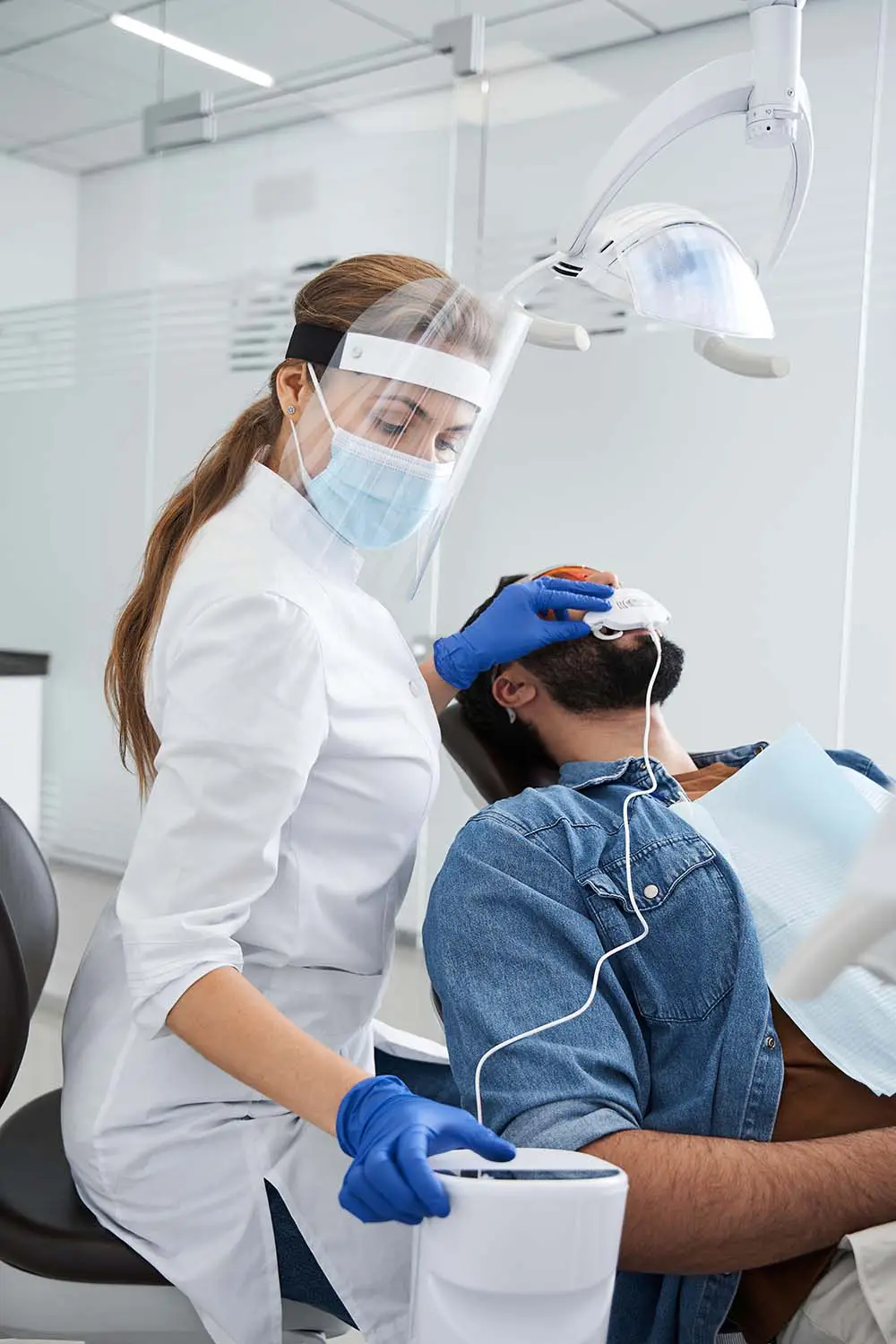Tooth extraction, or tooth removal, ranks as a relatively routine
oral surgery procedure. While most people don’t experience complications, some problems can interfere with proper healing and new tissue growth. You can reduce your risk of developing these issues if you follow the guidelines proven to support a healthy recovery.
You’ll experience the best results when you’re treated by an experienced oral surgery specialist. Marzieh Oghabian, DDS and the staff of Bahia Dental Group in Pittsburg, California work to ensure that you get the best results by performing a skillful extraction and following up with specific post-procedure instructions.
Find out what to expect after a tooth extraction by reading Dr. Oghabian’s essential tips for post-surgical care. Remember that your specific instructions may vary depending on the number of extractions and your individual circumstances.
Treat Pain and Swelling
Swelling and pain are two of the most common outcomes you can expect after a tooth extraction. The following symptoms occur most intensely within the first days after surgery:
- Bleeding at the extraction site
- Swelling and bruising around the eyes, mouth, and cheeks
These strategies can help minimize your discomfort and reduce swelling:
- Take any prescribed pain medication as directed
- Use over-the-counter pain relievers like acetaminophen and/or ibuprofen as directed
- Finish your entire course of prescribed antibiotics, if applicable
- Bite firmly on a gauze pad to reduce bleeding and promote clot formation
- Prop your head up with a pillow to reduce bleeding and swelling
- Apply ice packs to the swollen side of your face for 15 minutes on then 15 minutes off
Keep your mouth clean
Keep your mouth clean and free of bacteria to prevent infection at the site of the tooth extraction. Wait 24 hours after your tooth extraction to begin cleansing.
After 24 hours, rinse gently with a mixture of one-half teaspoon of salt and eight ounces of warm water. Remember to rinse after every meal and snack to remove any food from the extraction site. You can brush and floss the rest of your mouth, but avoid the extraction site.
Watch what you eat and drink
You can resume eating after a tooth extraction as soon as you feel hungry. If you had local anesthesia, your lips and mouth may feel numb, so it may take a few hours until you can control them skillfully. Avoid hot food and drinks during that time since you may burn yourself without knowing. General anesthesia and pain medication may also delay your appetite after an extraction.
Even if you don’t feel like eating, it’s important to drink plenty of water. Staying hydrated helps strengthen your immunity against infections and promotes healing.
When you’re ready to eat, limit your diet to soft and liquid-based foods that require minimal chewing. Some recommended food options include:
- Smoothies, yogurt, and milkshakes
- Boiled or mashed potatoes
Until your extraction site has healed, avoid the following foods that can irritate your gum tissue and complicate your recovery:
- Crunchy foods like nuts, cookies, and chips
- Tomatoes, oranges, and other acidic fruits
- Sticky or chewy foods, including gum
Don’t disturb the blood clot
Part of your healing process requires the formation of a blood clot in your tooth socket. Avoid the following activities that can disturb the clot and interfere with healing:
- Forceful rinsing or spitting
- Strenuous activity or heavy lifting
If a blood clot doesn’t form within the first day or two after your extraction, or it dislodges or breaks down before the wound heals, a condition called dry socket occurs. Without a blood clot in the socket, your bone and nerve endings become exposed, causing intense pain. The pain from dry socket can radiate from the tooth socket to your ear, eye, temple, or neck.
Get attention for specific symptoms
While you can expect some pain and discomfort after a tooth extraction, your symptoms should gradually improve. Contact the Bahia Dental Group staff if you develop any of the following conditions:
- Fever, chills, or other signs of infection
- Discharge or foul-smelling liquid
- Chest pain, coughing, shortness of breath
- Pain that worsens instead of getting better







